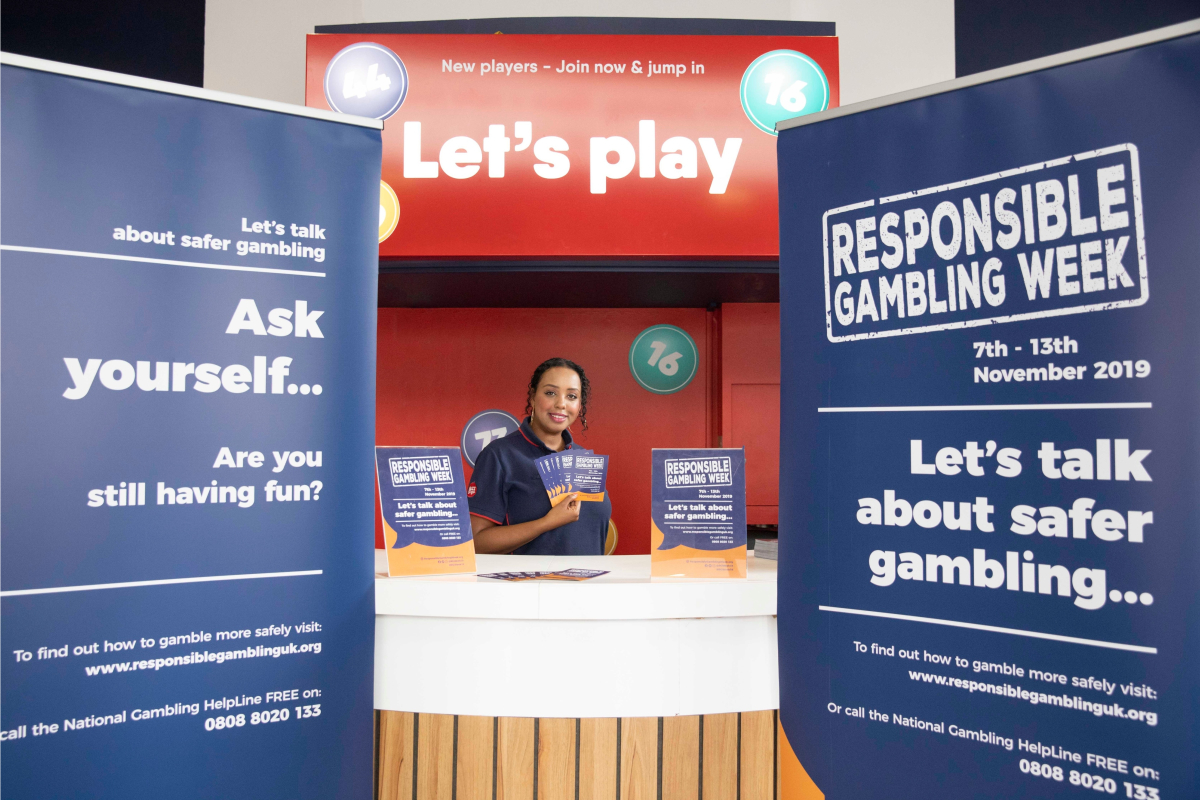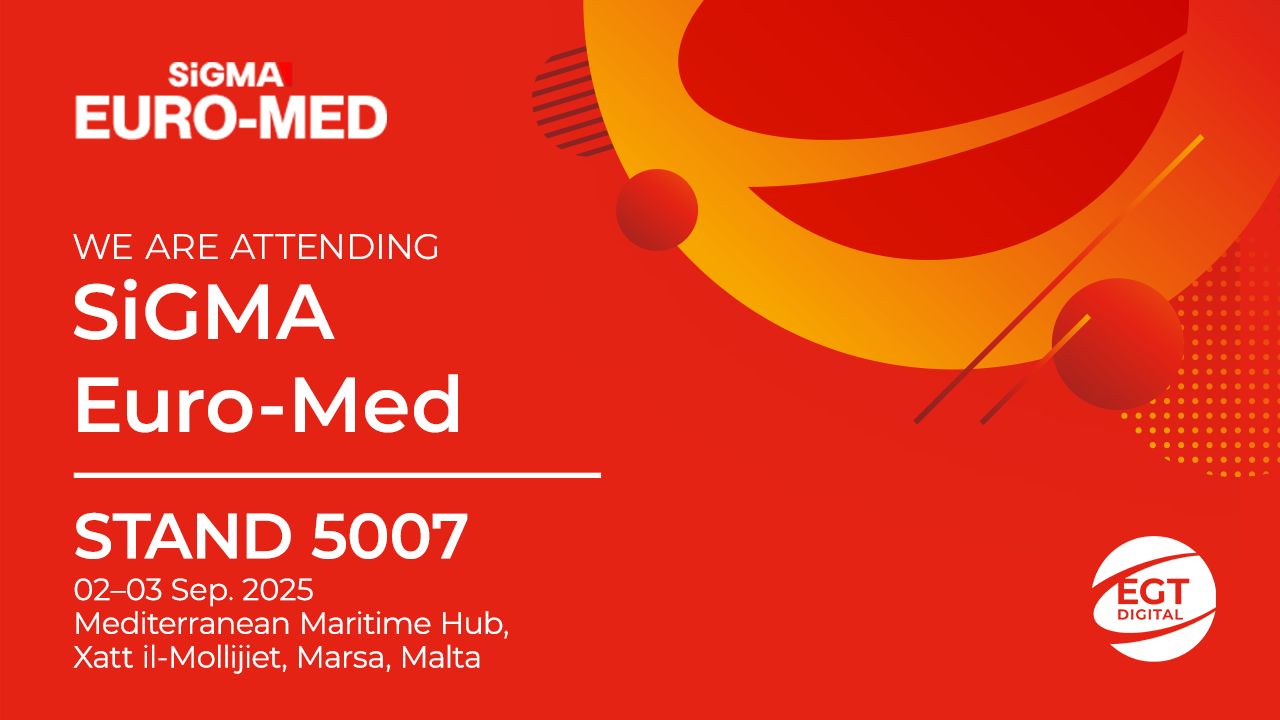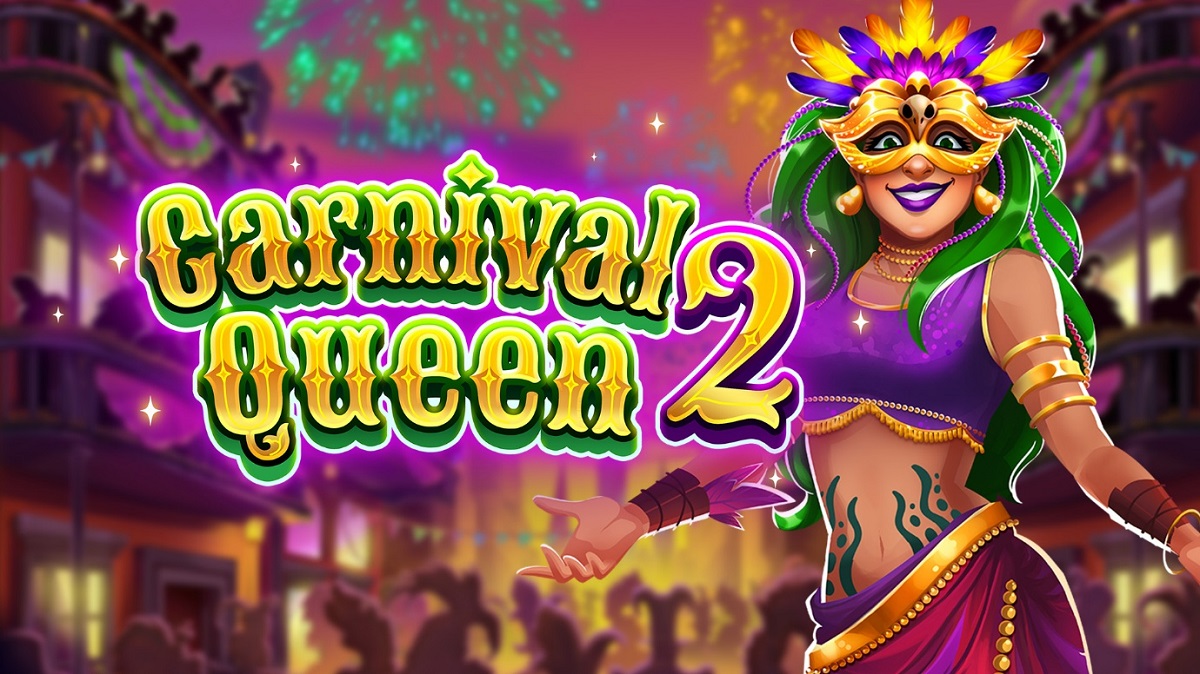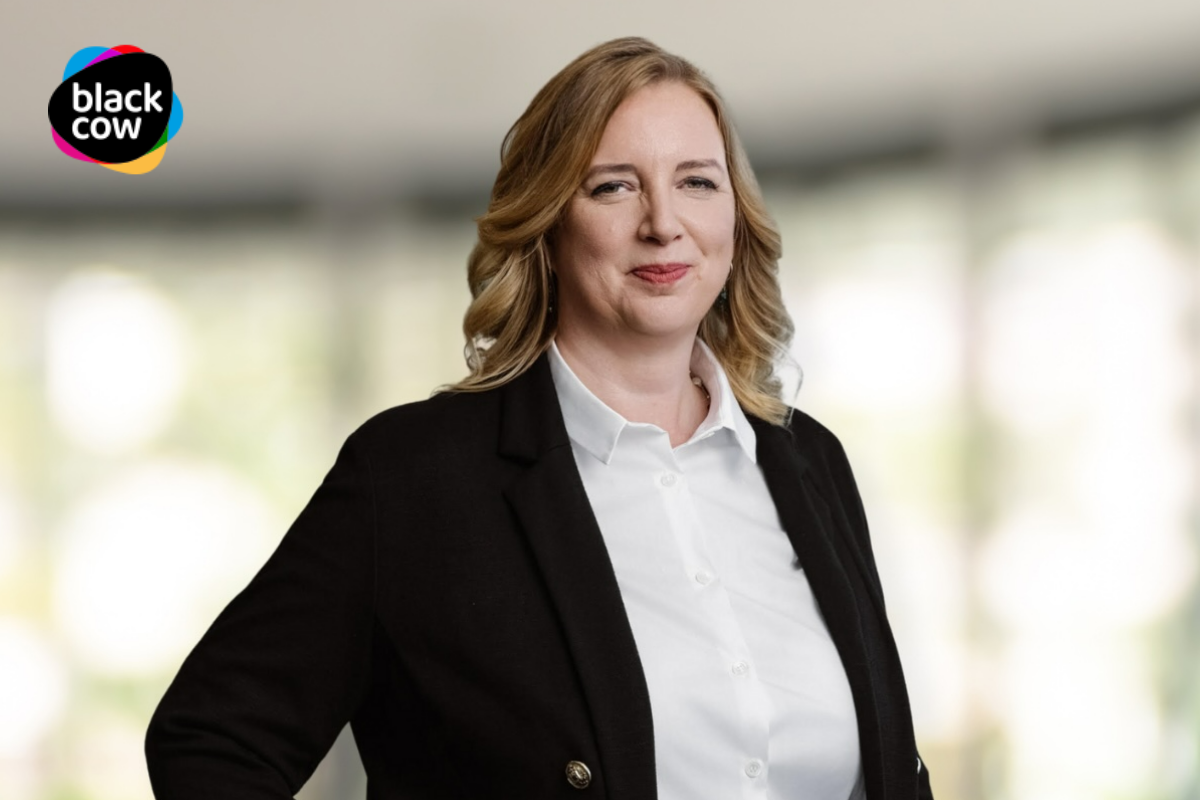Latest News
Can We Agree On What Gambling Is? Don’t Bet On It

ONLY ten per cent of people consider themselves to be gamblers even though one in two of those surveyed buy lottery tickets, one in three purchase scratch cards and nearly one in five enjoy betting on sporting events, a new poll has revealed.
YouGov questioned more than 2,000 adults about their gambling habits over the last 12 months and found widespread confusion about what counts as gambling. Forty-two per cent do not think that playing machine games in a seaside arcade is gambling and there is similar uncertainty about other ‘softer’ activities – 40% do not think playing in a bingo club constitutes gambling, or playing the lottery (33%), or buying scratch cards (29%).
Whilst 51% of people surveyed say they gamble for fun and enjoyment, or as a sociable activity, more than one in five (22%) say they do it to make money, highlighting a knowledge gap that needs to be addressed. Only 34% are familiar with the idea of researching the odds, setting a time limit (21%) or setting a loss limit (37%).
The poll was commissioned by the Industry Group For Responsible Gambling to coincide with Responsible Gambling Week (November 7th-13th), a national campaign in the UK and Ireland to promote safer gambling, supported by the industry and leading gambling charities. The objective is to get people talking about how to gamble responsibly, without putting themselves and others at risk, and to provide year-round advice and help at www.responsiblegamblinguk.org.
Although 77% of people believe they have enough information to gamble safely and responsibly, there is strong support for a public education campaign to promote safe gambling. Six out of ten (59%) believe it is as important, or more important, than a campaign to promote responsible drinking; or active lifestyles (55%), a smoke-free environment (55%), safe sex (54%) and healthy eating (53%). However, more than half (53%) are unaware of a campaign to promote safer gambling.
YouGov asked about the extent of people’s gambling over the last 12 months.The Gambling Commission’s most recent research (Gambling participation in 2018: behaviour, awareness and attitudes) found that 46% of people surveyed had participated in some form of gambling in the previous four weeks – up slightly from 45% in 2017.
The YouGov poll highlights the distinction people make between ‘softer’ forms of gambling, which many do not regard as gambling at all, and so-called ‘harder’ gambling, which they believe may not apply to them. However, Responsible Gambling Week encourages everyone to remember simple tips whenever and wherever they are gambling. The poll gives an insight into the safer gambling messages people found most relevant to them:
- ‘Only spend what you can afford’: 55%
- ‘Set your limits’: 40%
- ‘Never chase your losses’: 39%
- ‘Gambling is not the answer to any problem’: 36%
- ‘Gambling shouldn’t interfere with personal relationships: 32%
- ‘Gambling when angry or upset is not a good idea’: 30%
More than 120,000 staff at thousands of gambling venues across the UK and Ireland and online sites are taking part in Responsible Gambling Week, initiating conversations with customers about safer gambling as part of an on-going commitment by operators to train staff to engage pro-actively with customers and intervene when necessary.
The poll found that customers expect to receive information about safer gambling from operators. Thirty-five per cent said they would find it most useful to be given information when they register to play or begin playing; 25% want to be signposted to information whilst playing; and 20% would find it most useful to be contacted directly by operators by email or telephone. Only 15% of customers would find it most useful to receive information from family or friends.
John Hagan, chair of the Industry Group For Responsible Gambling, said:
“This research highlights the importance of educating everyone about the importance of safer gambling, including those who think the messages do not apply to them. Every problem gambler is someone who once thought they didn’t have a problem. Most people gamble responsibly and purely for enjoyment, but we want safer gambling messages, such as setting time limits or spending limits, to become as instinctive as putting on a seatbelt when you get into your car.
“Promoting safer gambling is a year-round responsibility, which operators and their staff take very seriously. The poll shows there is strong support for a public education campaign and the objective of Responsible Gambling Week is to educate people about safer gambling, but the campaign is just one aspect of the work being done by the industry throughout the year to protect its customers”.
YouGov interviewed 2,006 adults in Great Britain on August 22-23, 2019. Questions relating specifically to gambling messaging and motivation for gambling were asked to an unweighted base of 1,811 adults who said they had taken part in one of the listed gambling activities.
-

 Africa6 days ago
Africa6 days agoQTech Games wins Best Innovation of the Year at the 2025 SBWA+ Eventus Awards
-

 Asia6 days ago
Asia6 days agoNODWIN Gaming and JioStar Unveil OnePlus Android BGMS Season 4
-

 Latest News6 days ago
Latest News6 days agoVindral appoints Henrik Fagerlund as Chairman of the Board
-

 Latest News6 days ago
Latest News6 days agoCalema to Perform at Legends Charity Game in Lisbon
-

 Conferences in Europe6 days ago
Conferences in Europe6 days agoEGT Digital and EGT to rock the show at SiGMA Euro-Med 2025
-

 Latest News6 days ago
Latest News6 days agoPush Gaming redefines its portfolio, unveiling new game categories and sub-brand for extended player reach
-

 Affiliate Industry6 days ago
Affiliate Industry6 days agoNikita Lukanenoks Brings Slotsjudge Into Spotlight With Affiliate Leaders Awards 2025 Nomination
-

 Latest News6 days ago
Latest News6 days agoThunderkick returns for an even fierier fiesta in Carnival Queen 2


















